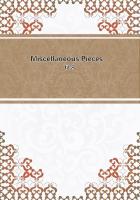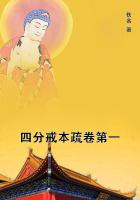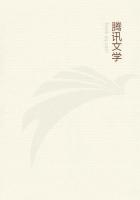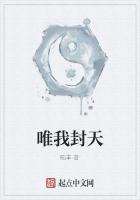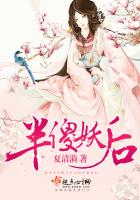His conversation, too, had a race and flavor peculiarly its own.It was nervous, sententious, and tinctured with genuine wit.His apothegms, or, as his favorite Greeks would rather term them, were singularly terse and forcible, {248} and the grave manner in which he often conveyed the keenest irony, and the eloquence with which he supported his paradoxical theories, afforded the highest amusements of those truly Attic banquets which will be long remembered by all who had the pleasure of partaking in them."I confess that I have felt a deep interest in reading the philosophical works of Lord Monboddo, -- he is so unlike any other Scotch metaphysician, he is so unlike his age.As appearing among a body of inductive inquirers, and in the middle of the eighteenth century, he looks very much like a megatherium coming in upon us in the historical period.His society is not with the modern empiricists, not even with the Latins, but with Plato and the Neo-Platonists, with Aristotle and his commentators.As regards the higher Greek philosophy, he is the most erudite scholar that Scotland has produced, not excepting even Sir William Hamilton.His favorite author among the moderns is Cudworth, whom he characterizes as " more learned in the whole ancient philosophy, the older as well as the later, than any modern author I know." He speaks of Locke's Essay as "no other than a hasty collection of crude, undigested thoughts, by a man who thought and reasoned by himself upon subjects of the greatest difficulty and deepest speculation, without assistance of leaming." He refers to Andrew Baxter, and charges the Newtonion astronomy with ****** the system of the heavens a mere machine; it supposes the universe had a beginning in time, contrary to all the ancients, who held that it " was an eternal emanation of an eternal being." It is mind that moves the celestial bodies, mind moving simply and uniformly.He refers to Berkeley, and also to Hume, lately deceased, and says of the latter, that his chief argument arises from "confounding sensations and ideas." He refers also to Reid's "Inquiry," and I suppose that the rising Scottish school was before him when he speaks of it as an unsatisfactory philosophy, which would maintain that "the perception of every sensible object is necessarily accompanied with a belief of its existence; that is the constitution of our nature, and that we are to inquire no more about it." He holds it " to be impossible that intellect can believe any thing without a reason." He maintains that we do not form {249} ideas by nature."We mistake habits of judging acquired by experience for the natural perceptions of sense." He thinks that by the eye we perceive objects first as double and inverted.His postulatum is that "the evidence of consciousness is infallible." " By consciousness, we know that we have perceptions of sense." "In the perceptions of sense, every man is conscious that he is passive, and that he is moved or excited to sensation by some thing." Of all his contemporaries, he is most thoroughly in sympathy with Mr.
Harris, the author of " Hermes," with whom he corresponded.
We may here give an extract-letter from Lord Monboddo to Mr.Harris, in return for presentation copy of " Hermes.""Edinburgh, Wednesday, 26 March, 1766.-- As your works first introduced me to the Greek Philosophy, so this present you have now made me has revived my taste for that study, which, though never quite extinguished, had been lost for some time amid the hurry of law business.I fell on greedily, as soon as the book was sent me, and began with the most philosophical part of your I Hermes,' viz., the chapter upon General Ideas, which you have explained most truly and philosophically, according to the dictates of that school to which, I confess, I have entirely addicted myself, -- I mean the school of Aristotle, for as to Plato, he speaks of them in such mysterious and enigmatical terms, as if they had been a secret known only to himself; and I remember he makes Hippias the Sophist, when he was asked what the was, answer, `it was a fine virgin.' If philosophy was in such a state in the days of Plato, as not to understand perfectly what is the foundation of all science and knowledge among men, bow much is it indebted to that wonderful man, Aristotle, who, besides his discoveries in every branch of philosophy, has cleared the principles of it from that obscurity which the enthusiasm and mystic genius of Plato had thrown upon them?
"I think I may, without the least suspicion of flattery, give to you the praise which Cicero takes to himself, of teaching philosophy to speak a new language; for as he taught it to speak Latin, so you have taught it to speak English.The language which Mr.

